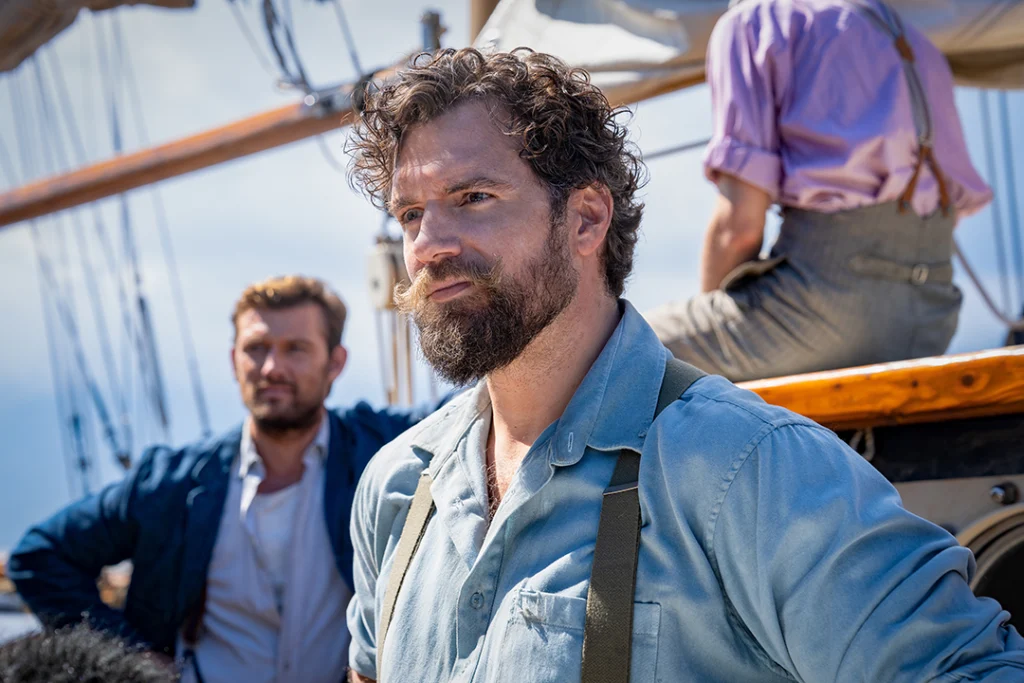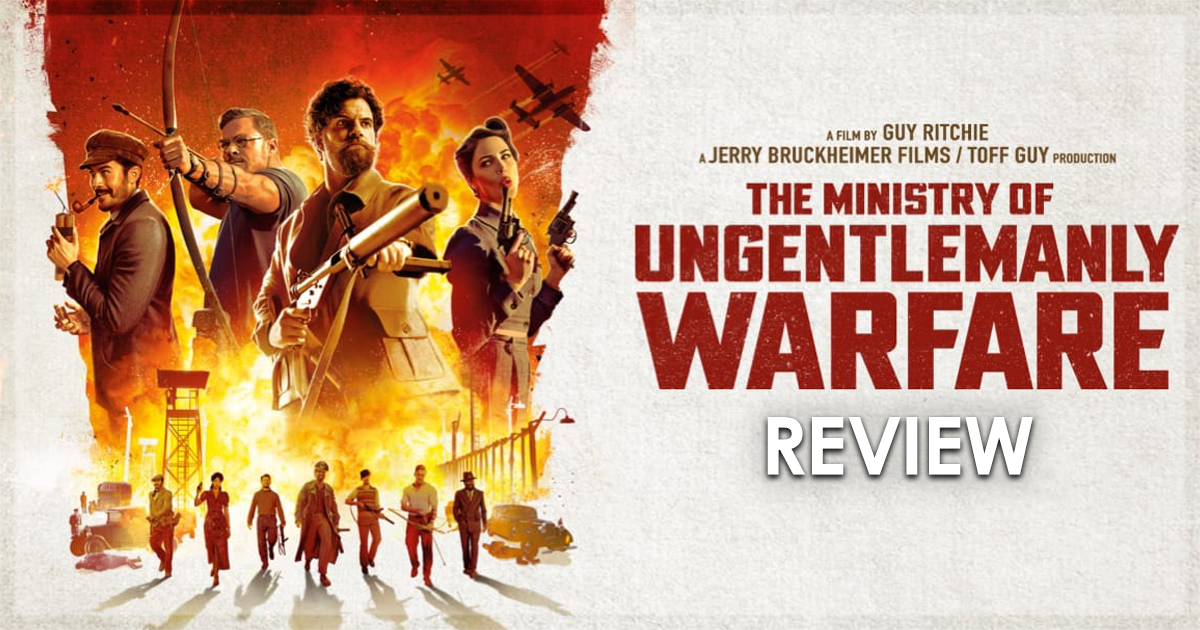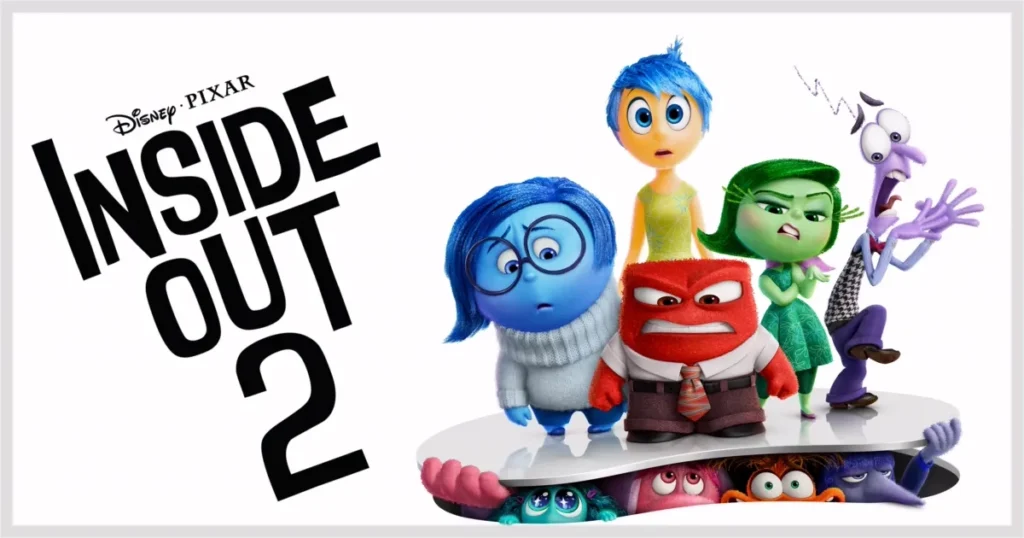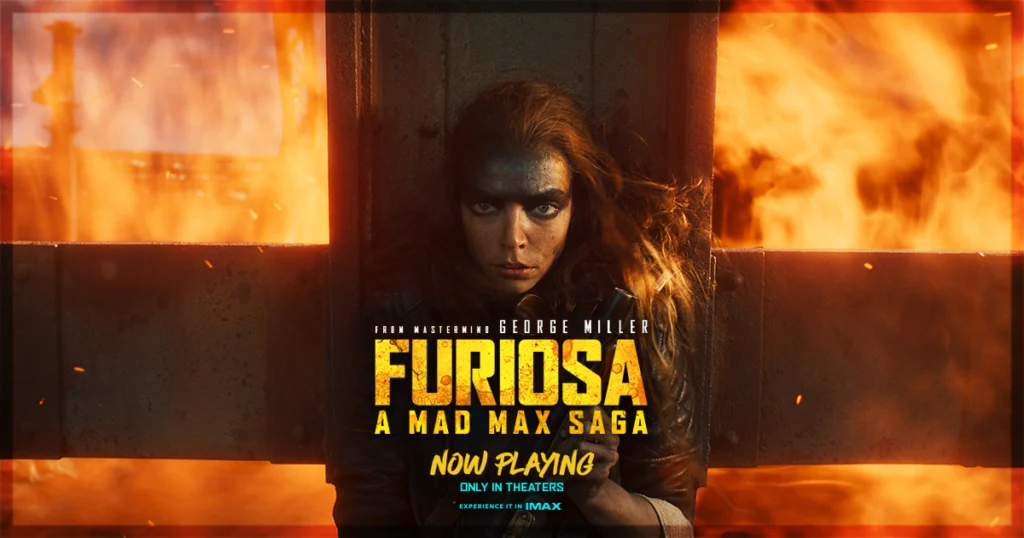Guy Ritchie’s The Ministry of Ungentlemanly Warfare is the latest project from the versatile filmmaker.
It’s hard to keep track of what projects Guy Ritchie is currently working on, as one gets seemingly announced every week. And while most on Film Twitter spheres have complained about Ritchie pumping out two titles a year without a break, something is inspiring about a filmmaker who doesn’t give a damn what his audience thinks and just does what he wants because he enjoys it (while also getting a considerable amount of money).
Sure, why not direct episodes for a Ray Donovan spinoff while announcing a Young Sherlock project and working on two films to be released next year? If he stays away from the Disney machine, which stripped him of his aesthetic flair and spontaneous directorial style, I see no reason people should complain about him making money (perhaps it could be a form of projection. Still, let him cook!).
The story is loosely based on the real life Operation Postmaster
After the incredible spinoff of The Gentlemen premiered on Netflix, Ritchie brought us to Ungentlemanly territories a month later with The Ministry of Ungentlemanly Warfare. Loosely based on Operation Postmaster, the film follows its leader, Gus March-Phillipps (Henry Cavill), as he assembles a team of rogue soldiers comprised of Anders Lassen (Alan Ritchson), Freddy Alvarez (Henry Golding), Geoffrey Appleyard (Alex Pettyfer), Henry Hayes (Hero Fiennes Tiffin), Marjorie Stewart (Eiza Gonzalez) and Richard Heron (Babs Olusanmokun) to sink the Duchessa, an Italian cargo ship anchored in Fernando Po, to disrupt the Nazis’ U-boat resupplying operation.

Winston Churchill (Rory Kinnear) is in charge of the mission, which will be strictly off-the-books, as Brigadier Gubbins (Cary Elwes, also known as ‘M’) and his second-in-command, Ian Fleming (yes, that one, played here by Freddie Fox), supervise the operation from afar. Suffice it to say things don’t go as planned, and the group has to find a new plan to ensure the Germans don’t get the Duchessa, and any of its tugboats attached to it.
Unlike Ritchie’s layered Wrath of Man (his best film) and his previous Gentlemen offshoot in the world of television, The Ministry of Ungentlemanly Warfare has a fairly meat-and-potatoes story where good triumphs over evil, and the bulk of its two-hour runtime is dedicated for drawn-out action setpieces where its titular ministry obliterates Nazis in one creatively over-the-top way after another. Quentin Tarantino’s Inglourious Basterds is frequently cited, not only through the presence of Til Schweiger, playing the film’s main antagonist, but also through one scene that’s a direct callback to Michael Fassbender’s minor slip that ultimately reveals who the person is. Ritchie, however, makes that scene his own and dares even to make this revelation far more grandiose than Tarantino’s most intimate, yet shocking slip.
Of course, the over-the-top, bloody action that populates the movie can also be drawn to Tarantino’s movie. Still, audiences who look beyond it will find inspiration from Enzo G. Castellari’s The Inglourious Basterds, the main inspiration from Tarantino’s film, and even Maurizio Pradeaux’s Churchill’s Leopards, where a group of rogue soldiers were tasked to blow up a Germanp-held dam, just like our ministry is tasked to blow up a German-held ship. The visual inspirations are also there but are far more refined through Ritchie’s (and cinematographer Ed Wild’s) hyperkinetic eye, where no stone is left unturned. The action is always dynamic, either through the unnatural camera movements that begin to make sense as the setpiece progresses or through the derring-do accomplished by March-Phillips and his merry band of badasses.
Ritchie has always been a lover of style, either through his visual aesthetic or his lavish costumes, once again designed here by the brilliant Loulou Bontemps, whose intricate designs possess a fundamental understanding of how costumes alone can tell a story and showcase character traits we immediately pick up as they appear on screen. But this is the first time where his adoration of the male form becomes part of his filmmaking DNA, never more lurking as he was in the Sherlock Holmes movies, but actively engaging with how an actor’s physique appears in the camera’s frame and how it moves within an action sequence.
Henry Cavill steals the show with a career-best performance
It isn’t more apparent when treating Ritchson’s Lassen in an against-type role where the brawny demeanor he established in the Jack Reacher series is replaced by quick-witted humor and a bow and arrow (while also wearing incredibly small glasses). Ritchie goes incredibly far with the bow and arrow bit that you begin to believe he’ll never get his hands dirty until he does with impeccable precision, always filming his perfectly-constructed body as he dispatches a horde Nazis into oblivion in a bravura sequence set within the underground confines of the Duchessa.
Ritchson is, as expected, highly entertaining, but Cavill steals the show with a career-best performance that begs you to ask, “Where have you been all this time?” No doubt his Superman ranks high, but after losing the role and Geralt of Riva (after being promised to return as the Man of Steel until James Gunn took over), things looked grim for his career.

However, Ritchie always understood how underutilized Cavill had been and immediately rectified this by making him the lead of The Man From U.N.C.L.E. Reuniting with the filmmaker again to portray Gus March-Phillipps, Cavill lets it all out and has fun improvising, and coming up with ideas that will look great on screen and bring big laughs out of the audience. Gonzalez and Olusanmokun are also excellent in supporting roles, doing most of the mission’s logistical heavy lifting, while March-Phillipps leads the offensive charge against the Nazis. It’s a simple story done impeccably, with enough verve and cinematic panache (split-screens, large title cards, wonderfully interwoven by his go-to editor James Herbert, while Chris Benstead’s score tips the hat to the work of Ennio Morricone and Justin Hurwitz’s Babylon compositions) to satisfy both average moviegoers and die-hard Ritchie fans.
The Ministry of Ungentlemanly Warfare as an audition for Ritchie to direct Bond
More than ever, the film is a perfect showcase to justify hiring Ritchie to helm the next title in the James Bond franchise. Not only does he purely love the series by directly referencing its upbringing (through the figures of Ian Fleming and ‘M’), but his action craftsmanship is second to none, deftly shooting complicated sequences with a real eye for the spectacular, where the audience can feel every hit, stab, and gunshot as the rulebreaking ministry will stop at nothing to complete their mission.
Its wide array of young British stars, Alex Pettyfer, Hero Fiennes Tiffin, and Henry Golding, make this feel like an audition tape for Ritchie to helm the rebirth of 007. I would love to see his take on the character, which is unlike anything the franchise has made, and decidedly be his own. But his schedule seems way too full now. Perhaps it should be on his radar once he can clear it up.
However, Ritchie seems done making movies for audiences and would instead make them for himself, which could explain why he’s currently attached to helming a thousand film and television projects. Audiences can complain about his workload, but he’s already proven himself a capable, versatile, and easygoing filmmaker who enjoys working with actors he (and we) like and elevates them on a level none of us have seen on screen before. Basically, he just wants to have fun, and we, in turn, do so when watching his latest pieces of work.
The Ministry of Ungentlemanly Warfare is now available to purchase on digital.
Learn more about the film, including how to buy it and stream, at the title’s official website.
You might also like…
‘Inside Out 2’ Movie Review: A Home Run for Pixar
‘Furiosa: A Mad Max Saga’ Movie Review: A Half-Life of a Prequel



